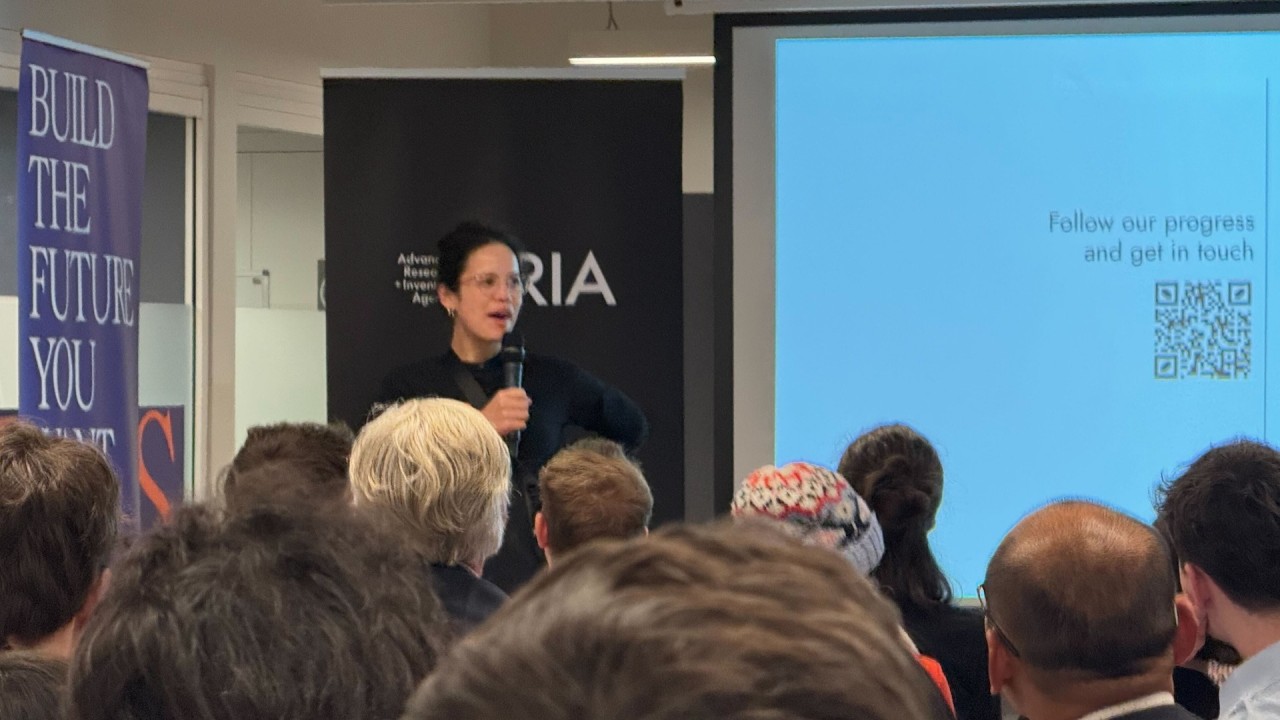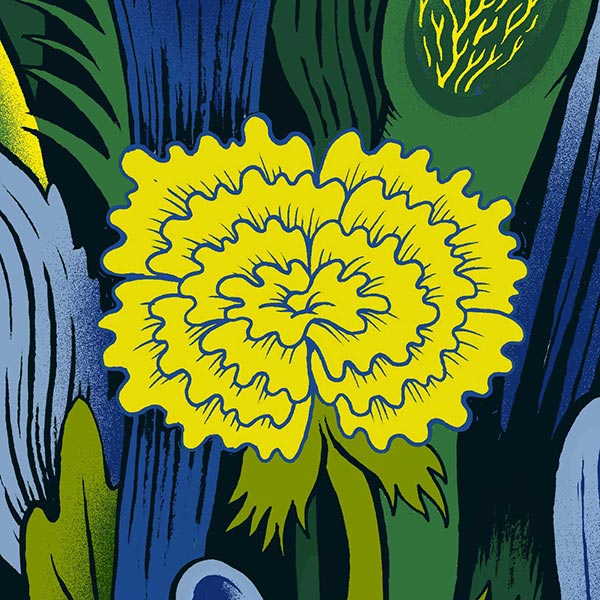When the Advanced Research + Invention Agency (ARIA) asked us to suggest a ‘wild idea’ for one of their opportunity spaces as part of an event invitation, we flipped through our current list of good problems and picked out one of our top areas of interest. Our proposal piqued their interested and they invited us on stage to pitch it. ICYMI, we’re sharing it here. Note that this is an idea we’re still developing, so it’s ripe for feedback and we’d love to have a conversation about it if it interests you, too – get in touch!

Our pitch
At Science Practice, we have worked extensively with research and innovation funders, and many of our projects have been in health. Informed by our practical experiences carrying out research and design work, and by the lived experience expertise within our team, one of the areas in which we’ve developed a deeper interest is how to accelerate progress in mental health science.
Our ‘wild idea’ for an opportunity space is Modular Mental Health.
We know that globally, mental health conditions represent an enormous and rising burden of disease.
We also know that recovery from mental ill health is possible and there are cases where people have achieved this; however, it can be very difficult to do. People who have managed to find what works for them have generally had to put enormous time and effort toward this, and have often had to go it on their own.
Is the problem that we need more innovation in treatments because we don’t yet have the right ones? It’s worth considering that this is only part of the puzzle.
Perhaps what really needs attention is the way we put treatments together: better menus of treatment options, clearer pathways to systematically navigate these, and infrastructure that supports the kind of personalized experimentation that’s needed for recovery in a much more comprehensive way.
To enable this, we need research and practice that helps us propose and test different ways to match people to appropriate treatments, and to identify which sequences and combinations of treatments people should pursue. We also need to do this in a way that gives people genuine agency over their own mental health journeys – and that doesn’t solely depend on health systems already stretching to meet demand.
Learn more about our new specialism in mental health and wellbeing.

